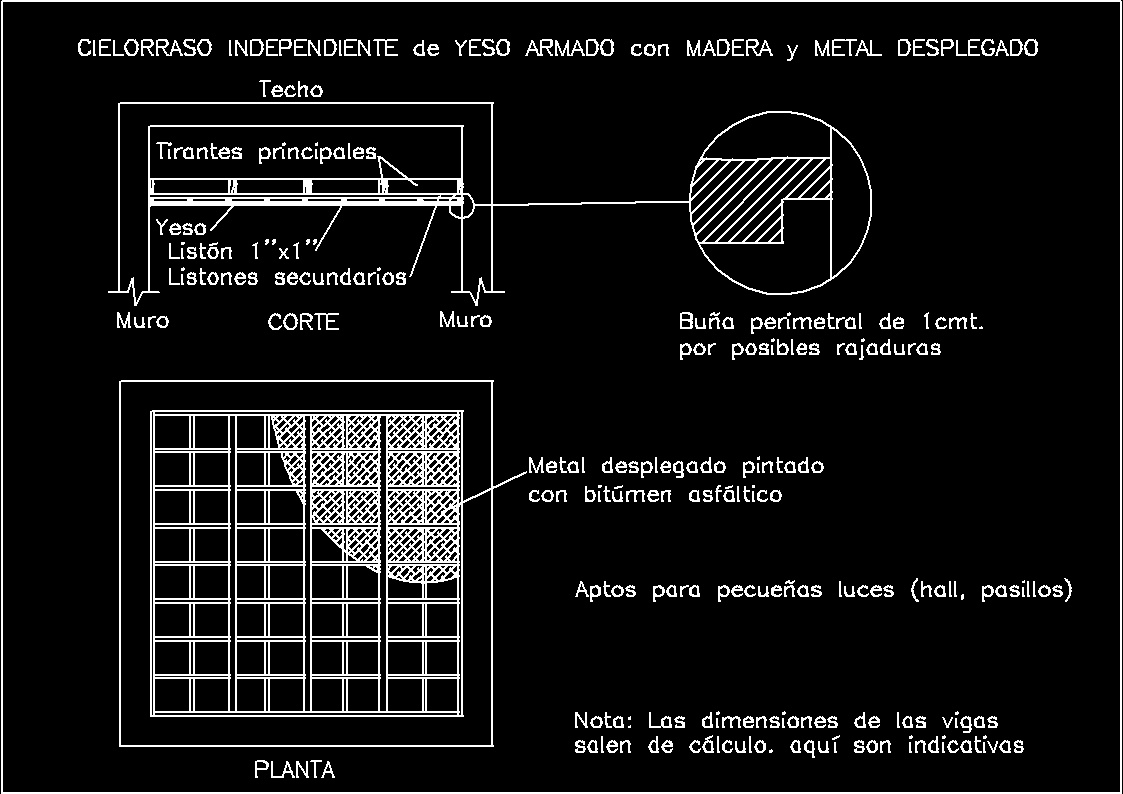
We also offer free lifetime phone support and remote installs if you ever run into problems. including tile, wood, pavement, water, stone, lattice, floor, paving stone, marble, flooring. He's proficient in AutoCAD (including customization), VBA, LISP, and Civil 3D.Give use a call today with any questions you might have about our wood & stone hatch patterns.

Technical Support SpecialistAn AutoCAD Certified Professional, Ryan is responsible for taking client cases and assisting with issues with the software - everything from regular glitches to software deployments and whatever else goes wrong. Note: once you have this working, and new or separate versions of AutoCAD simply need to be pointed to this directory for the hatch patterns to work for future releases (Steps 5 & 6) If you get an error stating a pattern is invalid, then that pattern is not valid or has an issue that needs to be corrected to fix the issue.You will now see your custom hatch patterns at the bottom of this list: Now navigate, type in, or paste the path of the hatch patterns directory in the new box and then click OK:Ĭlick on the Expand button on the Hatch Pattern Panel:.Navigate to the Files Tab, expand out Support File Search Path and then Click Add….Once you have them all separated, then Launch AutoCAD / AutoCAD LT to a blank drawing and then type in Options or Red “A” => Options.I use plain Notepad to make sure that the *CLG_GYP (red box) matches the filename and this cannot have spaces, the description following can have spaces In the example, the pattern file created is called CLG_GYP.PAT Create each hatch patter separately, or if you have one combined, you will need to separate them all out into separate files.I will be using D:\Hatch Patterns as my example Best place to start is to create a hatch pattern folder (to make it easier for future upgrades).



 0 kommentar(er)
0 kommentar(er)
